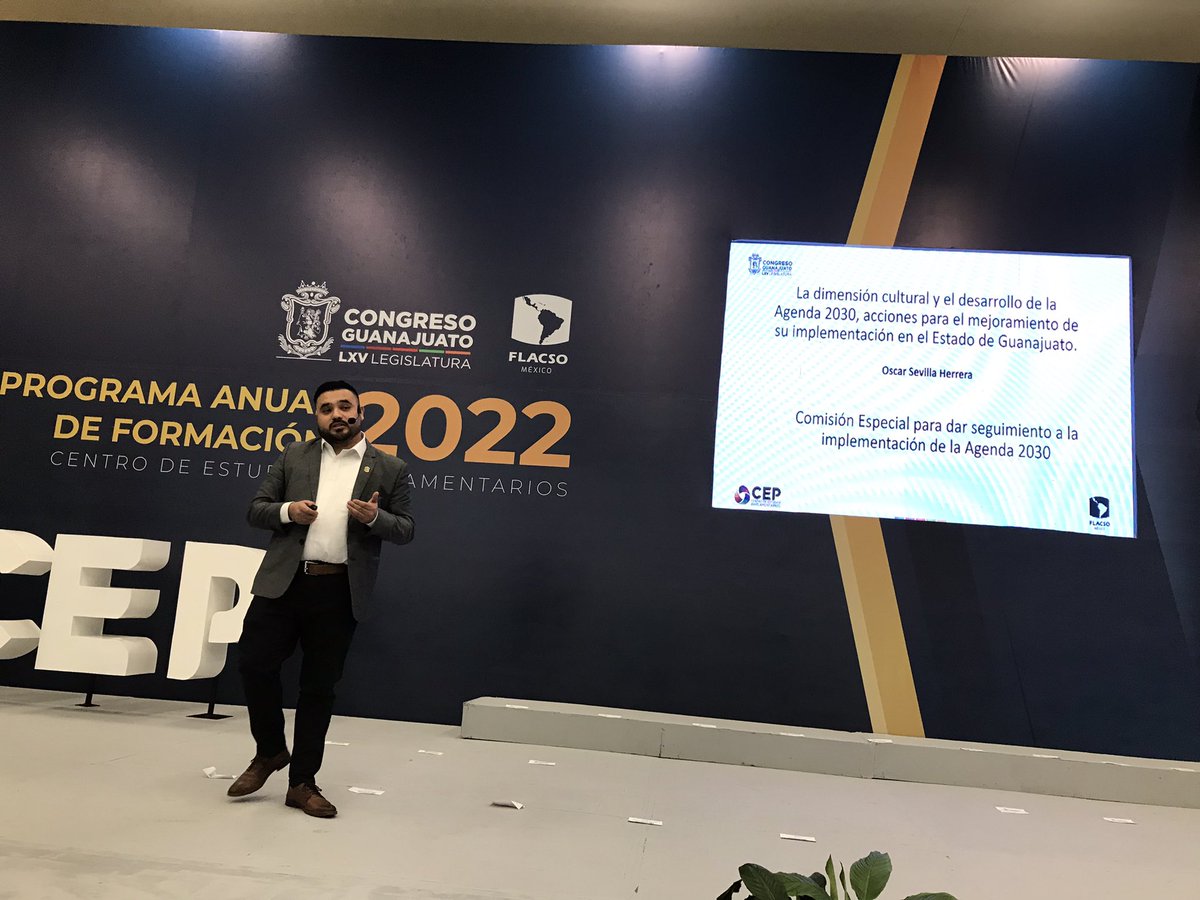El Dr. Gary Goertz, experto en métodos mixtos, abre este viernes 31 de marzo, 1pm, el ciclo de conferencias “Las Fronteras de la Investigación en Métodos” de la #CátedraFLACSOMéxico Organiza el Laboratorio de Métodos #LabdeM de @FlacsoMx
Interpretación simultánea inglés-español
Interpretación simultánea inglés-español

El Dr. Gary Goertz es una de las referencias obligadas en métodos mixtos. Su libro coautorado con James Mahoney, "A Tale of Two Cultures", contrasta las culturas de investigación cualitativa y cuantitativa y analiza posibles diálogos y colaboraciones.
press.princeton.edu/books/hardcove…
press.princeton.edu/books/hardcove…
Si quieren leer el argumento "en corto" o "resumido", pueden leer su artículo en Political Analysis
cambridge.org/core/journals/…
(disponible en acceso libre AQUÍ: public.wsu.edu/~tnridout/maho…)
cambridge.org/core/journals/…
(disponible en acceso libre AQUÍ: public.wsu.edu/~tnridout/maho…)
En mis cursos de Métodos Mixtos en el doctorado, casi siempre uso el libro de Gary Goertz, "Multimethod Research, Causal Mechanisms, and Case Studies: An Integrated Approach"
Es un libro escrito de forma muy accesible, con métodos innovadores.
press.princeton.edu/books/hardcove…
Es un libro escrito de forma muy accesible, con métodos innovadores.
press.princeton.edu/books/hardcove…
Gary Goertz es un académico muy interesado en enseñanza de la metodología en ciencias sociales, y su clásico "Social Science Concepts and Measurement" ofrece un excelente programa formativo sobre medición, conceptualización y construcción de tipologías.
press.princeton.edu/books/paperbac…
press.princeton.edu/books/paperbac…
El Dr. Goertz presentará material nuevo en el que ha estado trabajando sobre análisis cualitativo de un número grande de casos h las implicaciones para el uso y aplicación de métodos mixtos. ¡No falten! Las conferencias son de acceso libre y con interpretación simultánea.
• • •
Missing some Tweet in this thread? You can try to
force a refresh

 Read on Twitter
Read on Twitter






